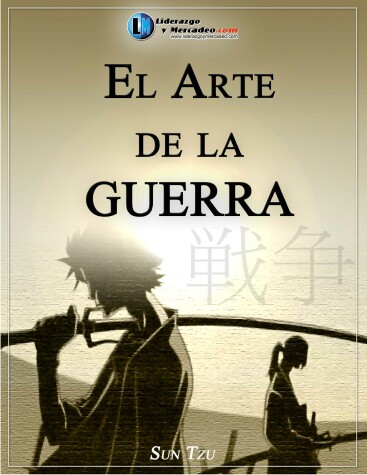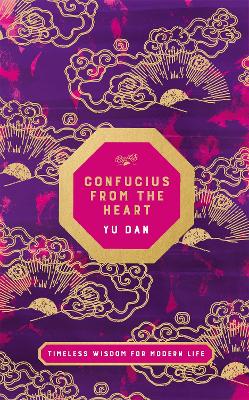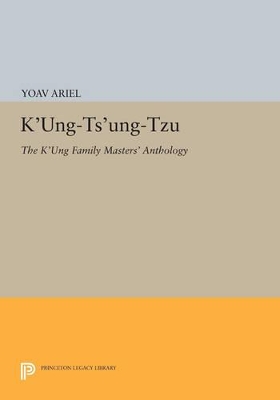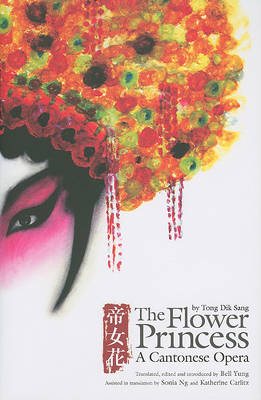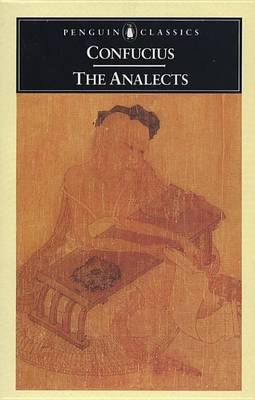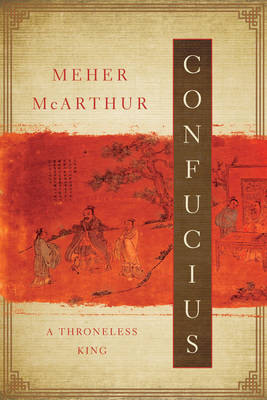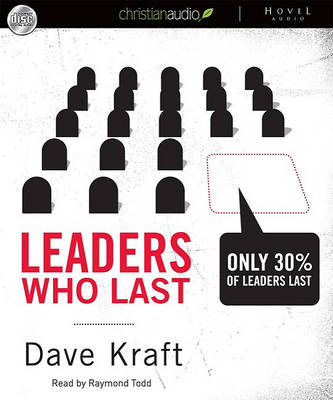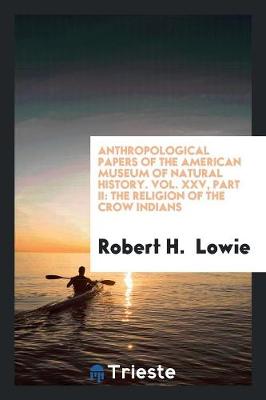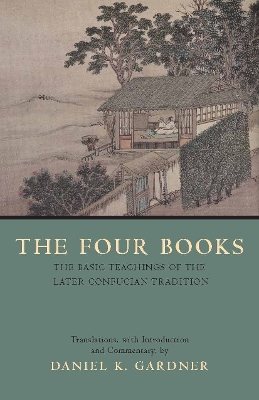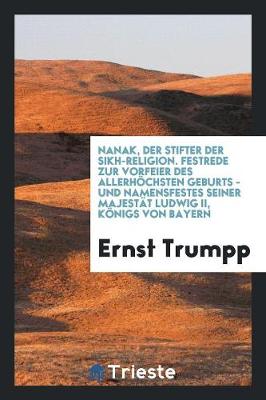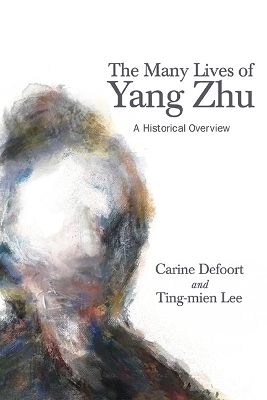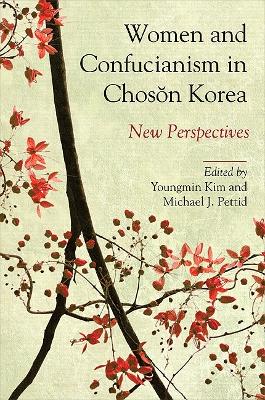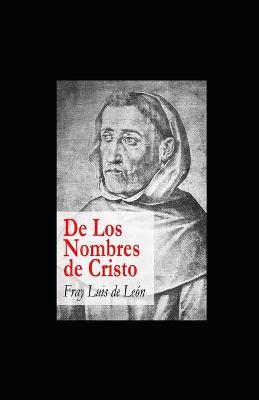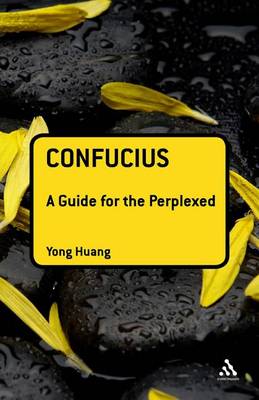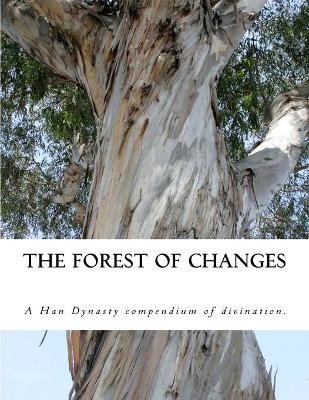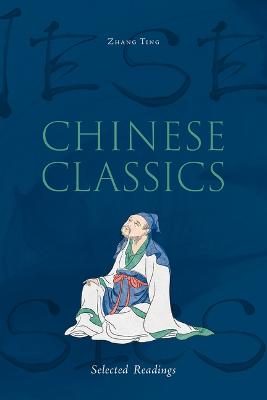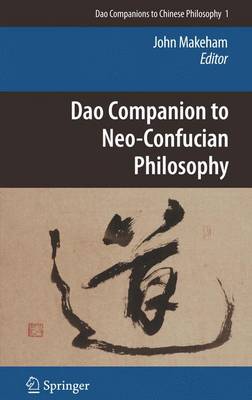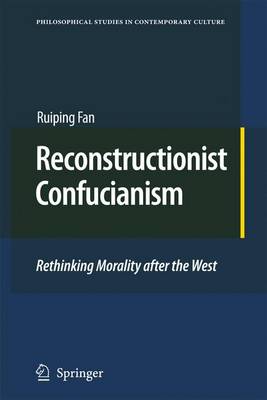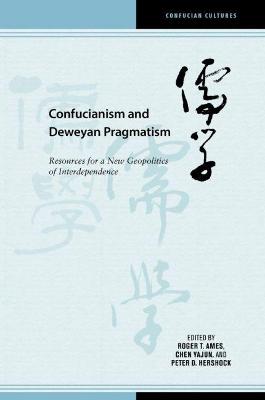Simply written, and with a view to taking the wisdom of Confucius out of the hands of the academics and the philosophers and making it accessible to the general reader, Confucius From the Heart gives us a contemporary Confucius, one who can teach us how to attain spiritual happiness, adjust our daily routines and find our place in modern life. Yu Dan argues that his sayings, or Analects - far from being merely interesting quotes from ancient lore, of little use in our hectic, stress-filled world...
K'ung-ts'ung-tzu (Sinica Leidensia, #35) (Princeton Library of Asian Translations)
by Yoav Ariel
In analyzing evidence indicating that K'ung-ts'ung-tzu was a forgery, Yoav Ariel questions current views of the Confucian school in the time between the Sage's death in the fifth century B.C. and the emergence in the eleventh century of Neo-Confucianism. The text, traditionally ascribed to a descendant of Confucius, K'ung Fu (264-208 B.C.), provides a setting for a series of philosophical debates between K'ung family members and representatives of such non-Confucian schools as Legalism, Mohism,...
The Flower Princess
This is the first complete English translation of the enormously popular Cantonese Opera. "The Flower Princess" has become the most renowned Cantonese Opera since its 1957 premier in Hong Kong. The opera is a serious political drama played out between the Han and non-Han following the fall of the Ming dynasty, and the plot pits romantic love against the lofty Confucian ideals of social hierarchy and moral rectitude. This is the first complete English translation of the opera, featuring text, son...
Overview: Confucius is one of the most important figures in Chinese history, whose philosophies have shaped world culture. Often overlooked outside his native country, Confucius himself was a fascinating figure. A contemporary of Buddha, Confucius was outspoken and uncompromising man who revolutionized Chinese society nearly 2,500 years ago, when the country was merely a loose web of feudal provinces. No small feat for the illegitimate son of a retired soldier and a teenage concubine, who once r...
The Essential Analects offers a representative selection from Edward Slingerland's acclaimed translation of the full work, including passages covering all major themes. An appendix of selected traditional commentaries keyed to each passage provides access to the text and to its reception and interpretation. Also included are a glossary of terms and short biographies of the disciples of Confucius and the traditional commentators cited.
In this engaging volume, Daniel Gardner explains the way in which the Four Books-- Great Learning , Analects , Mencius , and Maintaining Perfect Balance --have been read and understood by the Chinese since the twelfth century. Selected passages in translation are accompanied by Gardner's comments, which incorporate selections from the commentary and interpretation of the renowned Neo-Confucian thinker, Zhu Xi (1130-1200). This study provides an ideal introduction to the basic texts in the Confuc...
The Many Lives of Yang Zhu (SUNY series in Chinese Philosophy and Culture)
Courtesans, Concubines, and the Cult of Female Fidelity (Harvard University Studies in East Asian Law)
by Beverely Bossler
Confucius: A Guide for the Perplexed (Bloomsbury Guides for the Perplexed) (Guides for the Perplexed)
by Yong Huang
Of the three main teachings in Chinese culture, Confucianism has exerted the most profound and lasting influence in China.While Confucianism (a term coined by Westerners) refers to a tradition (Ruism) that predated Confucius, it is most closely associated with Confucius (551-479 BCE), who determined its later development. Confucius' ideas are reflected in his conversations with students, mostly recorded in the Analects. However, this book also brings into discussion those sayings of Confucius th...
Dao Companion to Neo-Confucian Philosophy (Dao Companions to Chinese Philosophy, #1)
Neo-Confucianism was the major philosophical tradition in China for most of the past millennium. This Companion is the first volume to provide a comprehensive introduction, in accessible English, to the Neo-Confucian philosophical thought of representative Chinese thinkers from the eleventh to the eighteenth centuries. It provides detailed insights into changing perspectives on key philosophical concepts and their relationship with one another.
Reconstructionist Confucianism (Philosophical Studies in Contemporary Culture, #17)
by Ruiping Fan
Contrasting with conventional Neo-Confucian attempts to recast the Confucian heritage in light of modern Western values, this book offers a Reconstructionist Confucian project to reclaim Confucian resources to meet contemporary moral and public policy challenges. Ruiping Fan argues that popular accounts of human goods and social justice within the dominant individualist culture of the West are too insubstantial to direct a life of virtue and a proper structure of society. Instead, he demonstrate...
Over the past generation, the rise of East Asia and especially China, has brought about a sea change in the economic and political world order. At the same time, global warming, environmental degradation, food and water shortages, population explosion, and income inequities have created a perfect storm that threatens the very survival of humanity. It is clear now that the Westphalian model of individual sovereign states seeking their own self-interest will not be able to respond effectively to t...
